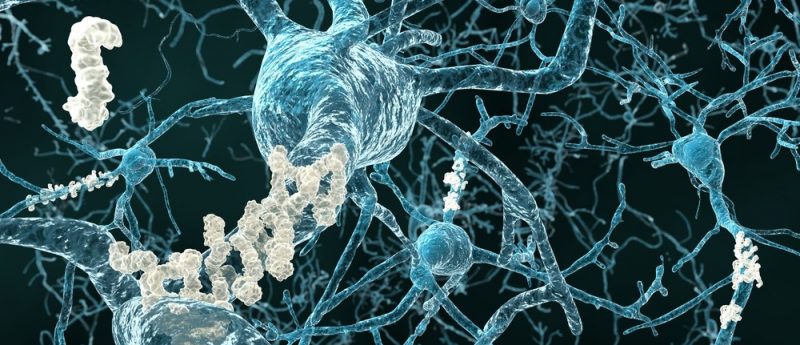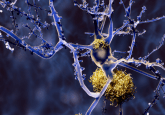GE HealthCare to develop real-world data platform and AI-screening for pioneer early Alzheimer’s detection PREDICTOM project

GE HealthCare announces key role in harnessing real-world data coupled with AI-screening to pioneer early detection of Alzheimer’s disease in the European PREDICTOM project.
GE HealthCare has announced it has the lead industrial role in the European consortium project PREDICTOM, a pioneer venture to utilize real-world data (RWD) coupled with artificial intelligence (AI)-screening to advance identification of those with early signs of Alzheimer’s disease. The €21 million project, part of the European Union Innovative Health Initiative (IHI), hopes to have a significant impact on the personal and economic burden of dementia in Europe and across the world.
More than 7 million people in the European Union are living with dementia in 2023 and this number is projected to double to reach 14 million by 2050. The most common cause of dementia is Alzheimer’s disease, which accounts for 60–80% of cases. The search for potential treatments for Alzheimer’s disease is showing promise, but it is anticipated that these medications will be most effective in the early stages of the disease.
“Detecting early signs of dementia is key to slowing its progression. Unfortunately, a majority of those at risk are not identified in time. Our platform seeks to change this by enabling early discovery, allowing timely intervention and preventative treatment,” explained project lead Dag Aarsland of Norway’s Stavanger University Hospital, also Professor of Old Age Psychiatry at King’s College London.
The PREDICTOM project aims to develop a digital platform that will aggregate participant RWD in different screening stages, including imaging, blood, cerebrospinal fluid, electrophysiological, and digital biomarkers. The platform will then use AI algorithms to analyze the data from all biomarkers and generate risk assessments, early diagnoses, and prognosis, which will lay the foundation for early detection and treatment.
Both the RWD platform and AI algorithms will be developed by GE HealthCare’s digital teams in Budapest, Hungary. The GE HealthCare Magnetic Resonance (MR) Research team based in Munich, Germany will work with the clinical partners to identify MR biomarkers that could be indicative of early stages of Alzheimer’s disease.
“We are honored and thrilled to assume the leading industrial role in this vital undertaking, offering hope to those who might face an Alzheimer’s disease diagnosis and providing innovative solutions along the patient’s journey,” commented Timo Schirmer, Director of GE HealthCare MR Applied Science Lab Europe. “Innovation thrives at the intersection of multiple disciplines, where the fusion of ideas and expertise sparks new and groundbreaking solutions.”
PREDICTOM will commence with a trial featuring more than 4000 participants, some of whom were previously involved in dementia projects by PROTECT UK, PROTECT Norway and Radar-AD, as well as people from the catchment areas of other participating centers in Germany, France, Switzerland, Belgium and Spain.
The project began on November 1, 2023 and will run until October 31, 2027, bringing together 30 partners from academia, business, civil society, and hospitals across 15 countries, led by Stavanger University Hospital, Norway.
Want regular updates on the latest real-world evidence news straight to your inbox? Become a member on The Evidence Base® today>>>






